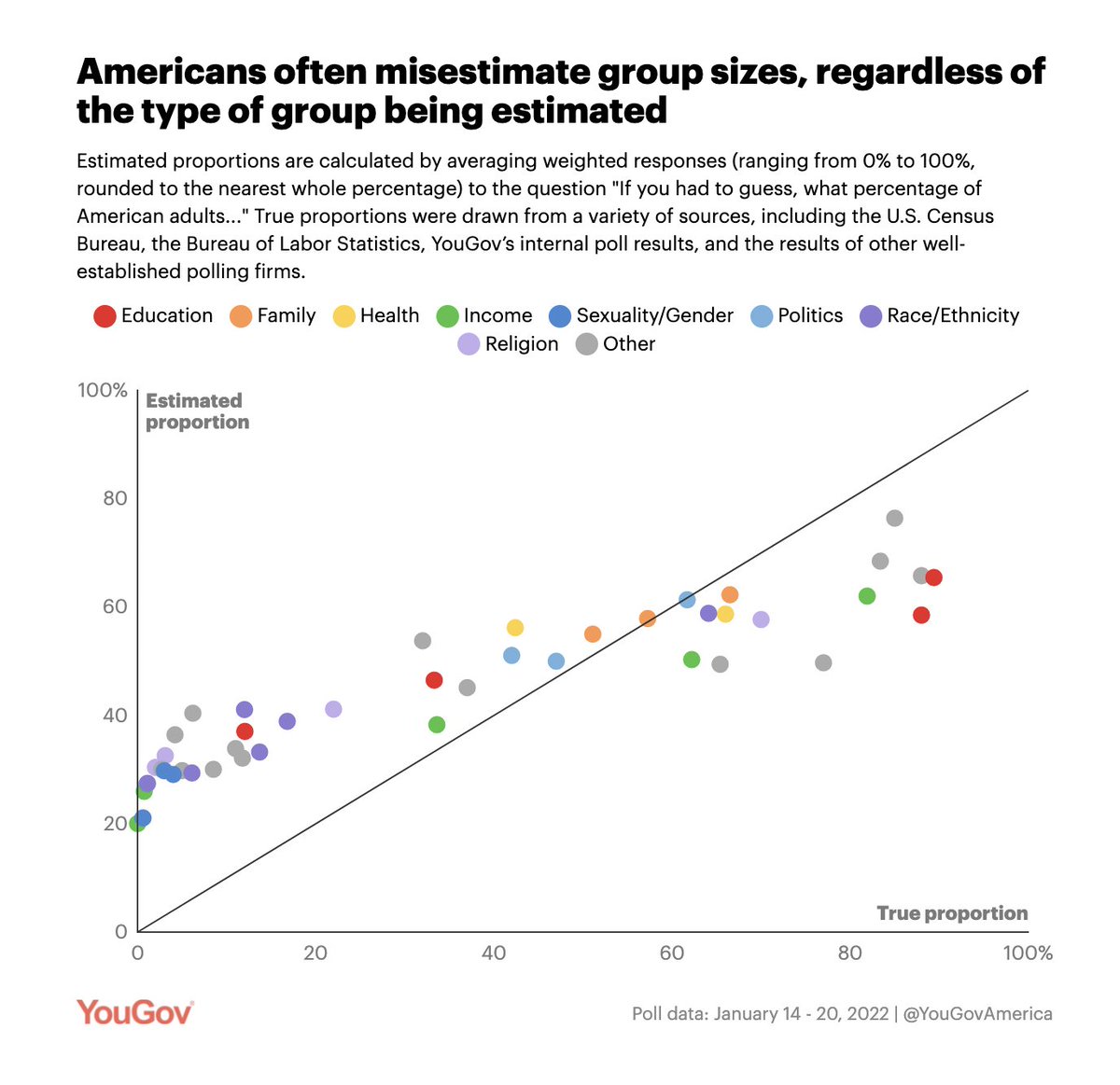
Deborah Small
@deborahasmall
I study/teach decision making, consumer behavior, philanthropy, and marketing for social good
ID: 3288434254
18-05-2015 13:18:48
307 Tweet
2,2K Followers
606 Following







Hot Streak! Paper out in OBHDP with Alix Barasch & Deborah Small today. We find that streaks of goal adherence signal greater commitment to the goal at hand, in turn affecting predictions and behavior. For example... authors.elsevier.com/a/1hsNs2gS5Nzj…


Our Joowon Klusowski Joowon Klusowski from Yale concludes our conference YCCI @ Yale SOM presenting very interesting consumer even number preference. Look at the slide!



Thanks to Aaron Bergman 🔍 ⏸️ (in that order) we now have free audiobook versions of our (Lucius Caviola and me) book: podcasts.apple.com/us/podcast/eff… open.spotify.com/show/7kSJ4aCd2… anchor.fm/s/f9d34984/pod… Thanks, Aaron! 🥰 (See the quote-tweet of a quote-tweet for a 13-tweet summary of the book)

As a #smiling researcher and a Carnegie Mellon University alum this is DEFINITELY my fave CMU fact 😁😄😃😆😍😉



How can nonprofits effectively present cost-effectiveness information? 🎯 A brand-new research paper by Joshua Lewis and Deborah Small finds that people use impact cost information (for example: $1 to provide a meal) as a target for how much they should donate. Brief summary🧵



